Artificial Intuition - Intuitive AI Analysis
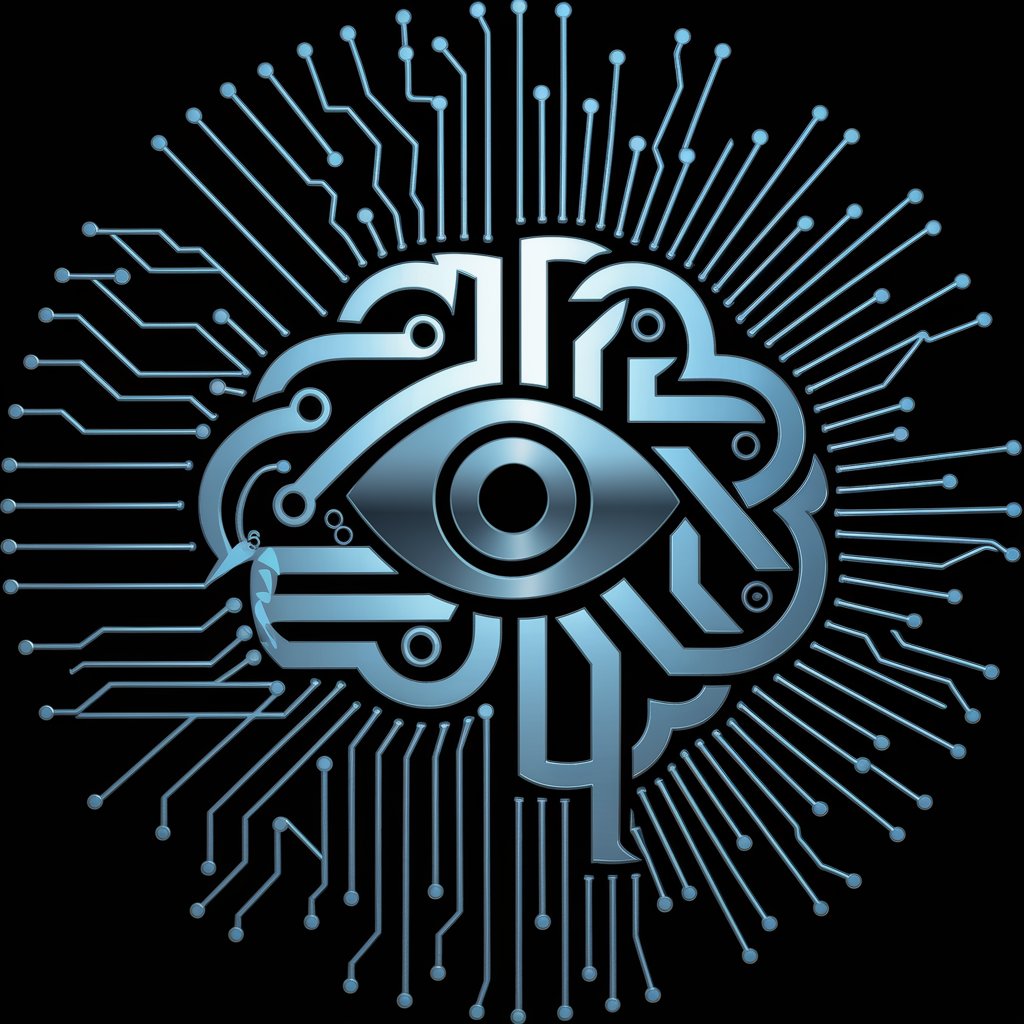
Welcome! Let's delve into the world of Artificial Intuition.
Navigating complexity with intuitive AI insights
Explain the core principles of deep learning as described in the document.
Summarize the impact of deep learning on different industries according to the text.
What are the characteristics of artificial intuition mentioned in the document?
Discuss the potential applications of generative design in AI as highlighted in the text.
Get Embed Code
Overview of Artificial Intuition
Artificial Intuition is a specialized tool designed to analyze and summarize complex texts. It methodically dissects documents, focusing on the writer's intent, main arguments, supporting evidence, and cited resources. This deep analysis facilitates an understanding that goes beyond surface-level reading, enabling a nuanced comprehension of the material. Powered by ChatGPT-4o。

Primary Functions of Artificial Intuition
Text Analysis
Example
Examining a research paper to outline its hypothesis, methodologies, results, and conclusions.
Scenario
Useful in academic or professional research to quickly grasp the essence of extensive documents.
Summarization
Example
Condensing a lengthy report into key points, preserving the core message and significant data.
Scenario
Beneficial for professionals who need to process large volumes of information efficiently.
Deep Understanding
Example
Analyzing literary works to uncover underlying themes, narrative techniques, and character development.
Scenario
Assists educators and students in exploring complex literary texts for academic purposes.
Target User Groups for Artificial Intuition
Researchers and Academics
Individuals engaged in extensive academic research who require assistance in analyzing and summarizing scholarly articles and papers.
Business Professionals
Corporate individuals needing to quickly understand and react to reports, market analyses, and technical documents.
Students
Learners who need support in understanding complex texts and literature as part of their curriculum.

Guidelines for Using Artificial Intuition
1
Visit yeschat.ai for a free trial without login, also no need for ChatGPT Plus.
2
Understand the characteristics of Artificial Intuition, focusing on its ability to navigate complex information and identify significant insights.
3
Learn about the interaction between intuition and logic, and how Artificial Intuition emphasizes the former to enhance decision-making.
4
Explore various applications and scenarios where Artificial Intuition can be applied, such as in uncertain environments where traditional logic may falter.
5
Stay informed about the evolving field of Deep Learning and AI, as Artificial Intuition is a subset of these broader technologies.
Try other advanced and practical GPTs
ProtoRev
Revolutionizing Protocol Review with AI

RolePlayHumanWritingGPT
Empowering Your Words with AI
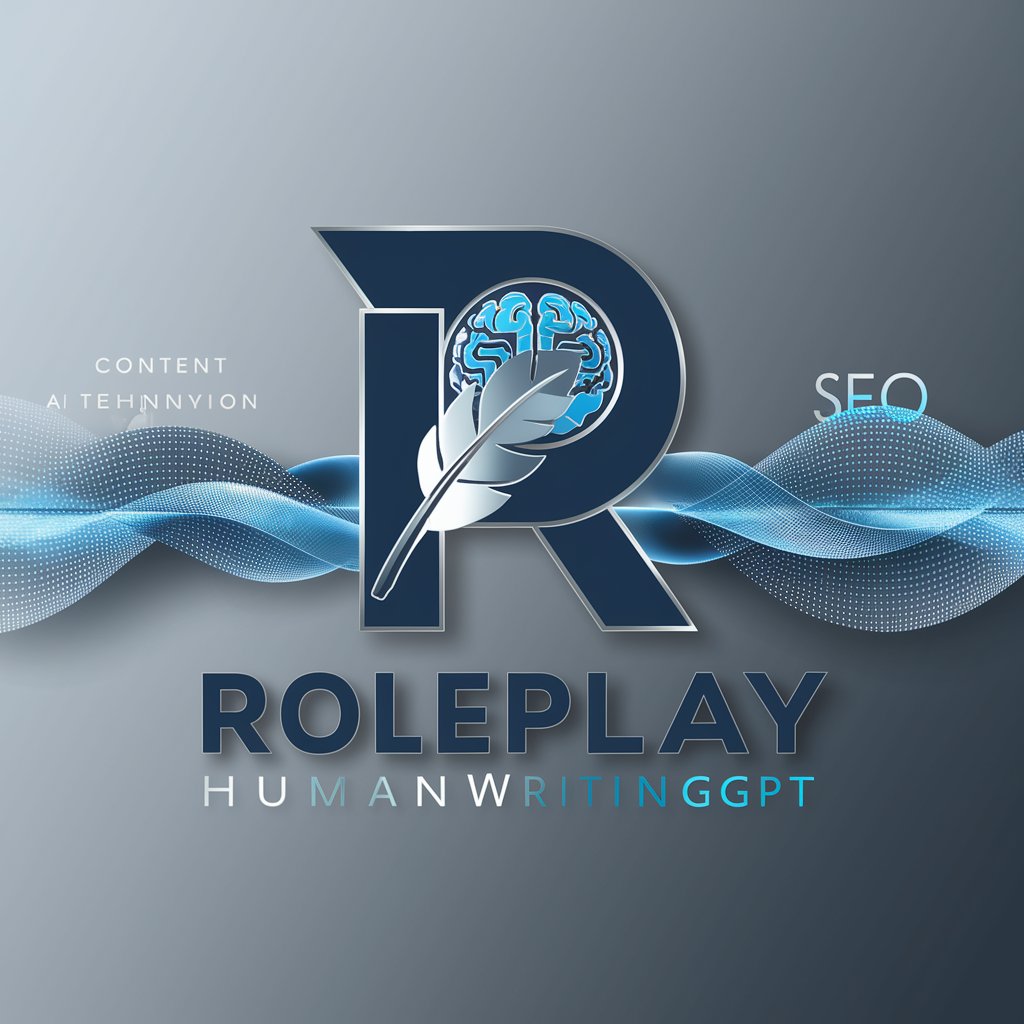
Market Insight Explorer
Navigate Markets with AI-Powered Clarity

Software Interview Guru
Ace Your FAANG Interview with AI Guidance

Summary Assistant
精准摘要,跨语言智能辅助
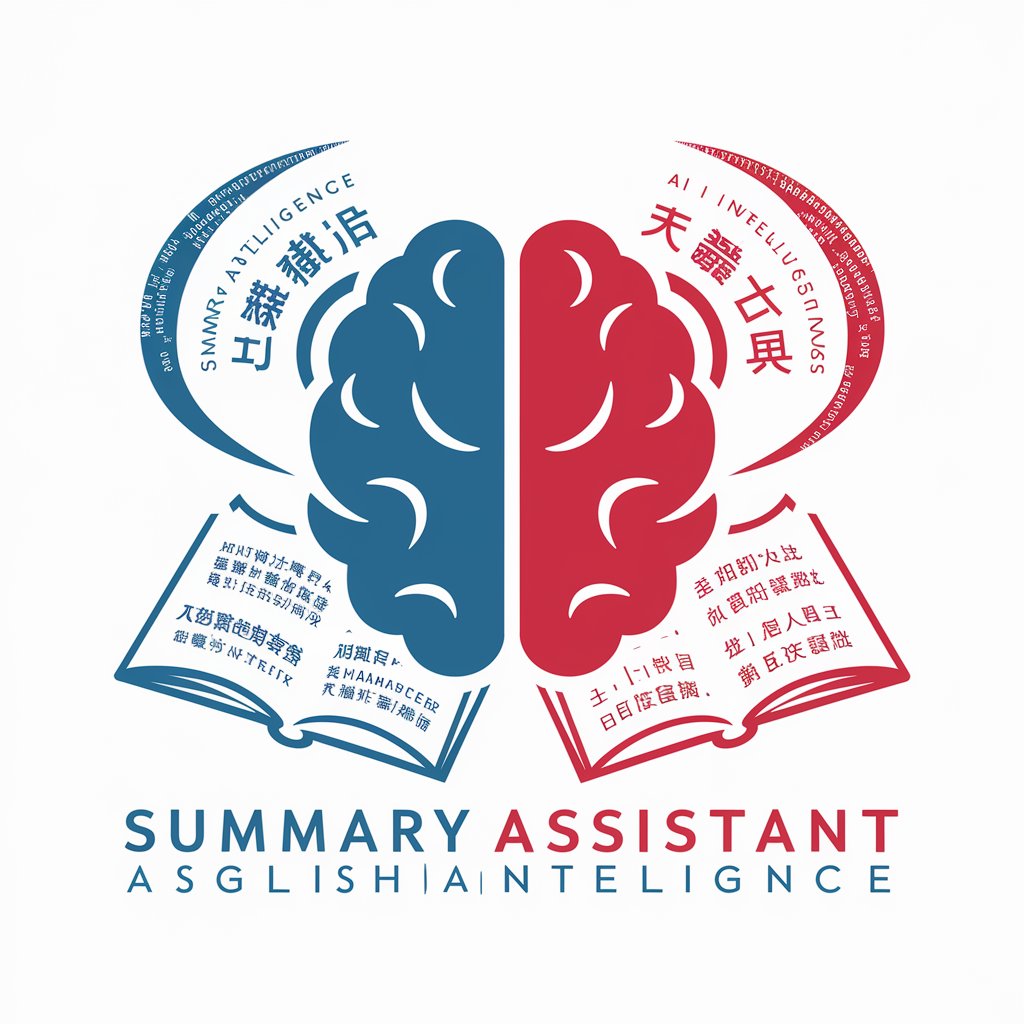
PRD Wizard
Simplifying PRD Creation with AI
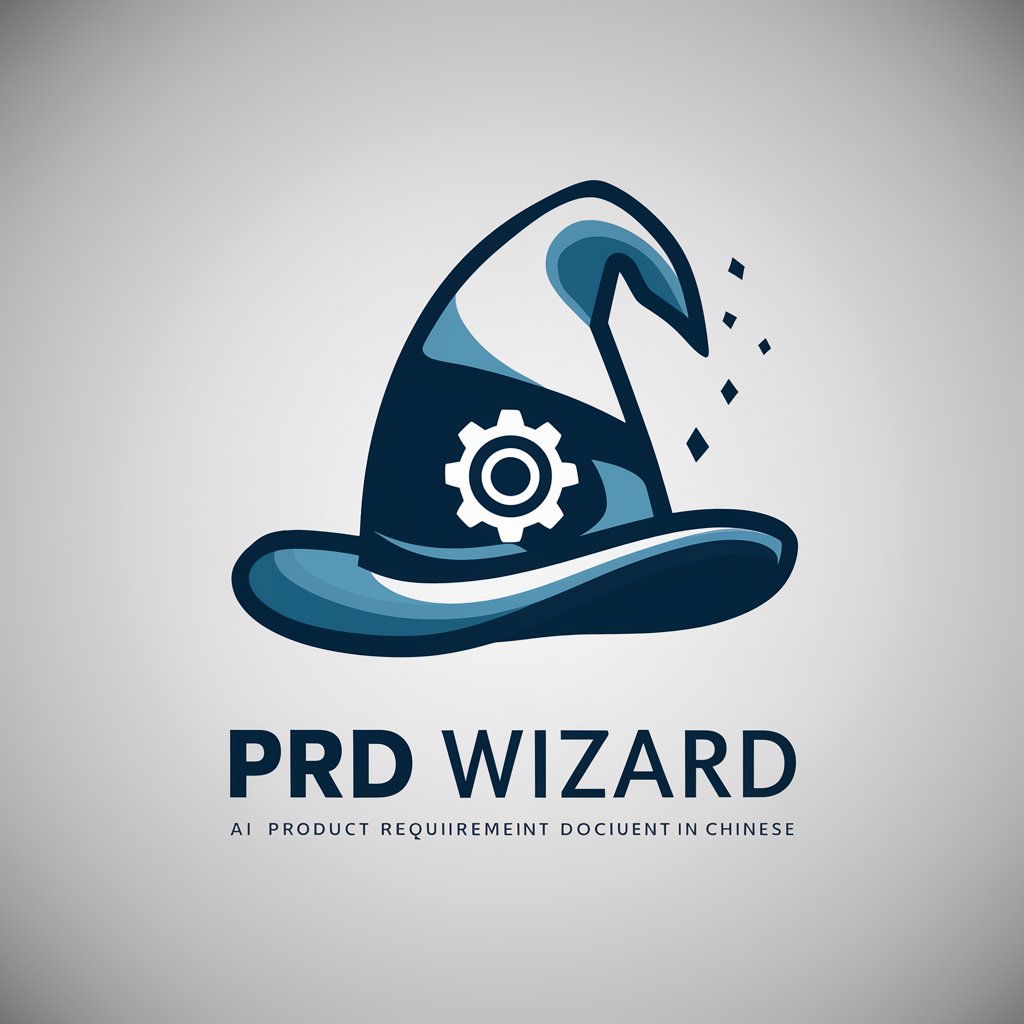
3Dスキャンできる場所は知らんけど、ニッチな旅行場所をおすすめするで!
Unveil hidden travel gems with AI

Doc
Elevating Productivity with AI
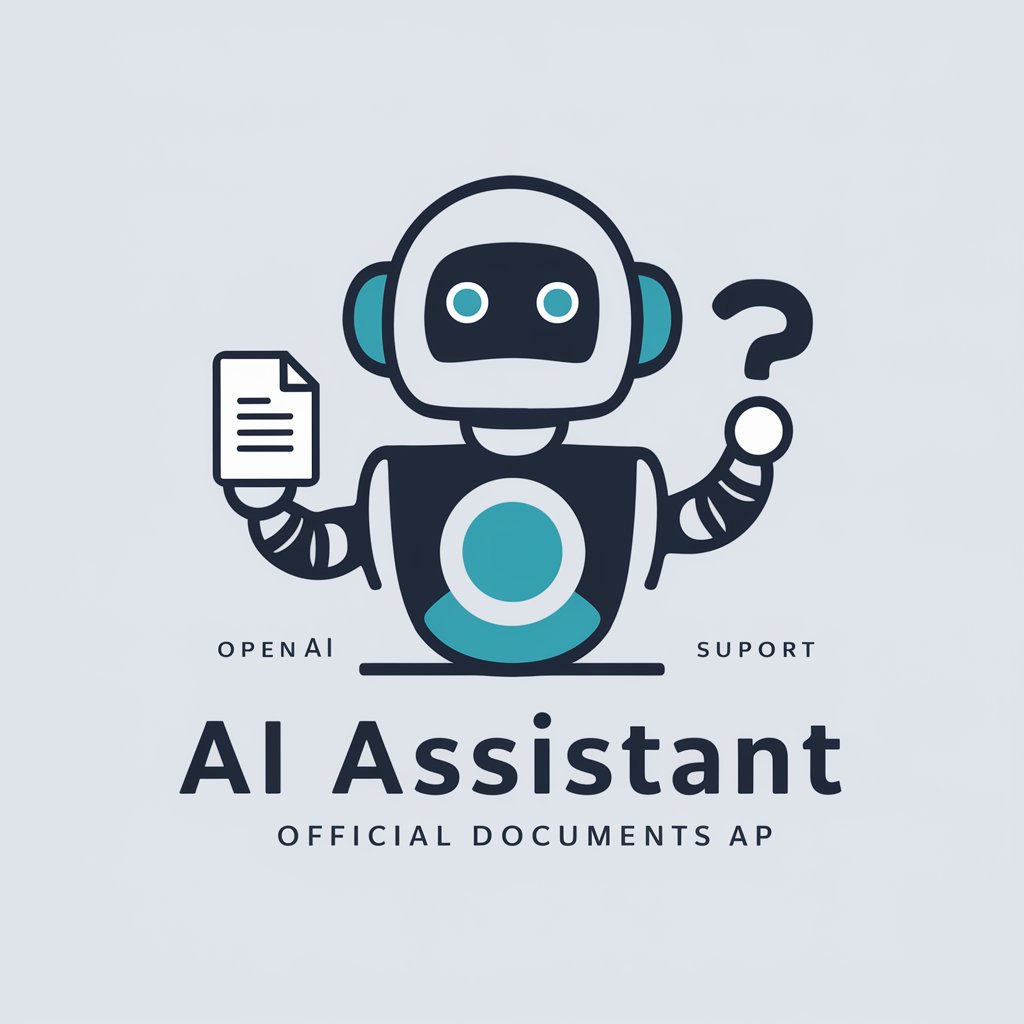
Rhetoric Wizard
Mastering Rhetoric with AI Magic
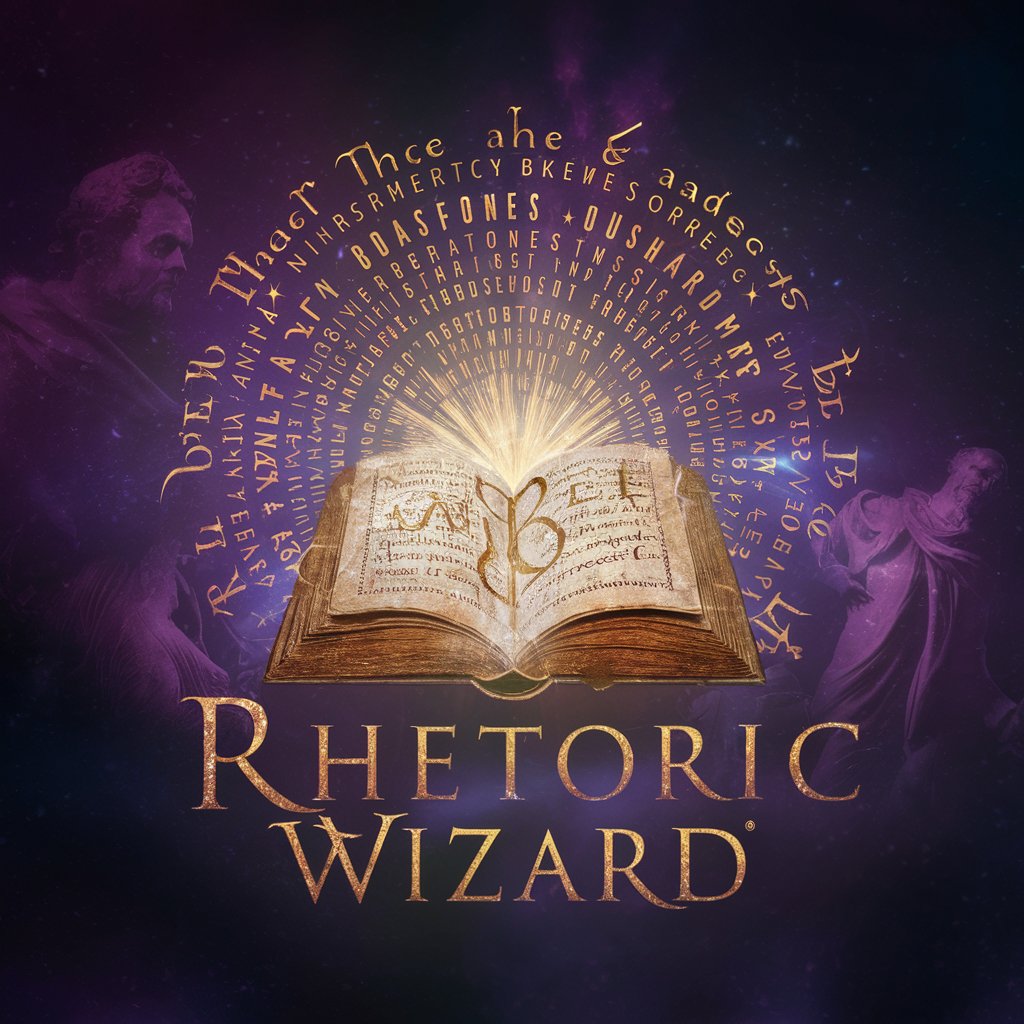
阿强
Empowering Conversations with AI

LeninGPT
Revolutionizing Knowledge with AI Lenin

Australian Curriculum & NAPLAN Tutor
Empowering Learning with AI

Q&A about Artificial Intuition
What is Artificial Intuition?
Artificial Intuition is a technology that navigates the complexities of information to identify key insights, akin to human intuition but in technological domains.
How does Artificial Intuition differ from traditional logic?
While traditional logic relies on set rules and clear causality, Artificial Intuition leverages innate, intuitive understanding, often thriving in uncertain or complex scenarios where logic might be insufficient.
Can Artificial Intuition be integrated with other AI approaches?
Yes, integrating Artificial Intuition with other AI and Deep Learning methods can be highly effective, leveraging their complementary strengths.
What are the limitations of Deep Learning in relation to Artificial Intuition?
Deep Learning, as a part of AI, is limited by the quality and scope of the data it learns from. Artificial Intuition extends this by intuitively navigating and interpreting complex information beyond structured data.
Why is learning an essential component of Artificial Intuition?
Learning is crucial as it allows the system to adapt and evolve its intuitive capabilities, thus avoiding the rigidity and limitations of systems that rely solely on predefined rules.
